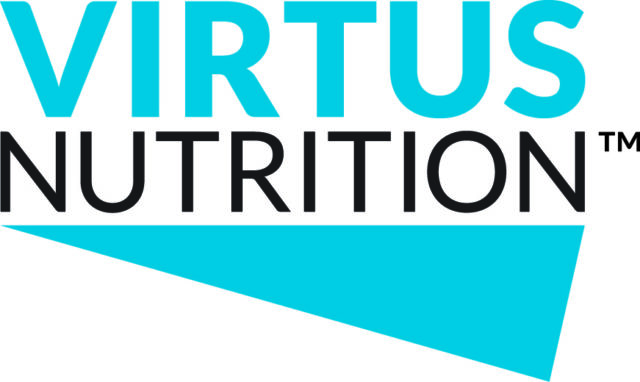Aurora Villarroel Application Support Manager, West Afimilk Corvallis, Oregon
What education are you bringing with you to this position?
I assume you are asking for my degrees ... DVM, MPVM (masters in preventive veterinary medicine), Ph.D., DACVPM (board certified from the College of Veterinary Preventive Medicine), CVA (certified veterinary acupuncturist) and CTP (certified tui na practitioner).
Please describe your agricultural background.
I grew up on a small dairy in Spain (26 milking cows), where I helped with everything related to the cows from the time I was 12. I was the cow person in the family. I started helping cows during calvings (small hands). Then I went on to inseminate and hoof trim at age 14, diagnose pregnancies and do all the sick cow work at age 15, and managing all the reproduction and herd health since I was 17. I had to temporarily take over the entire operation from age 21 to 23 while my dad was recovering from a tractor accident. After graduating from veterinary school, I managed what was at that time the largest dairy in Europe (1,500 milking cows) for three years before coming to the U.S.
What territory will you cover?
West U.S., Canada and Latin America.
What are your new responsibilities?
Training our customers and helping with the practical implementation of our highly sensitive detection systems. Helping farmers, their workers, as well as veterinarians and nutritionists interpret the information they receive from the cows via our tools, so they can make the appropriate management decisions and monitor their effects.
What previous positions have you held?
Besides the many years I worked at my parents’ dairy farm (which never really count as a “held position,” but should), I was director of livestock operations at Tauste Ganadera, S.A. in Zaragoza, Spain, for three years. Then I moved to the U.S., where I completed a residency in food animal reproduction and herd health at UC Davis, California, teaching veterinary students mainly during their senior year in clinical rotations out in the field. After that, I was a teaching assistant at Colorado State University while I was completing my Ph.D. Next, I joined the faculty at the vet school at Oregon State University, where I was assistant professor at the Rural Veterinary Practice service, as well as extension veterinarian for over six years. I decided to venture into the industry and joined Merck Animal Health as global director for dairy and udder health, and now I have joined Afimilk.
Who has made the biggest impact on your career?
This is a very difficult question to answer because every person you work closely with will shape your future in one way or another. However, if it wasn’t for Dr. Larry Lanzon from Lander Veterinary Clinic, Turlock, California, I would have never done my residency. And it was there, during my residency at UC Davis, where my mentor Dr. Mike Lane showed me and helped me shape up a whole lot of possibilities that I never knew were available.
How will you be of most help to producers in your region or area of expertise?
I like to explain this as “translating what the cows are currently telling you, but you don’t understand.” Think about it as a new language. With our tools, we are getting a lot of information from every cow at every milking, every day. A lot of people don’t know what to do with that information. That’s where I can help, integrating the information given via milk production changes, components changes, behavior changes, etc., etc. into an actionable management change that will improve herd health and reproduction.
Why did you choose this company?
I started working with an Afimilk system 17 years ago at the large dairy in Spain. I noticed that it allowed me to diagnose subclinical disease and get cows treated faster and return them to health earlier. It also made all management decisions easier because we could monitor changes right away. When I learned about epidemiology and how to interpret the information provided by any type of data and then tried to use that on dairies, it was always frustrating to try to help those dairies that don’t have the information we need to do the best we can for herd health and reproduction; it is like flying blind. So the choice was actually simple.
What goals would you like to accomplish while in this position?
I would love to see everyone who has Afimilk using it at a level where they can let go of blanket treatment protocols because they have a watchdog that monitors each animal 24/7 in a very consistent manner, so they can pinpoint who needs what and when, and concentrate on making and implementing appropriate management decisions. I’m here to make their lives easier. PD





